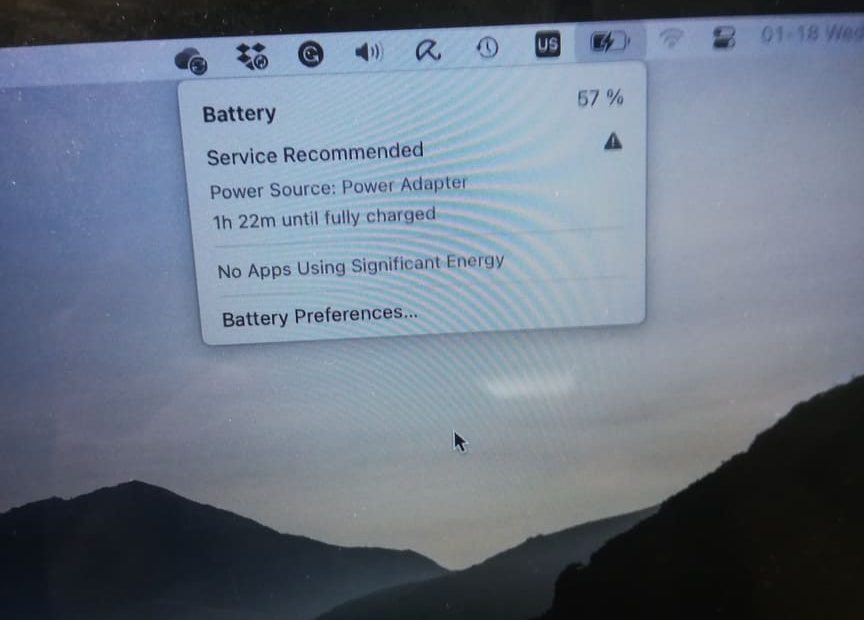Hardware upgrades add or replace components in a computer system. This can be anything from memory and storage to completely new motherboards and processors. Software upgrades, on the other hand, are changes to existing software packages to improve their performance and security.
Hardware upgrades are often more expensive than software upgrades, but also offer more speed and performance benefits. It can also help extend the life of a computer system by replacing obsolete components with modern and more powerful ones. If a user wants to upgrade their system for gaming or other intensive activities, a hardware upgrade is often the best option.
Software upgrades are usually cheaper than hardware upgrades, but can still significantly improve performance. They can also help fix bugs and security vulnerabilities. Software upgrades are generally easier to install than hardware upgrades, although the user should always be careful when upgrading software packages.
When deciding whether to upgrade hardware or software, the user should take into account their budget, the desired performance improvement and how long they plan to keep their system. In some cases it may be best to invest in both hardware and software upgrades. By combining components and applications, a system can deliver performance while staying within budget.
It is also important to pay attention to compatibility when it comes to hardware and software upgrades. Users should make sure that any new component or application will work with their system. In some cases, other hardware or software components may need to be updated to ensure compatibility. Taking the time to research products and read user reviews will help ensure that any upgrades are successful.
Upgrading computer hardware and software can be a great way to improve performance and extend system life. By exploring the options and understanding compatibility, the user can be sure that the upgrade will be successful and beneficial.

